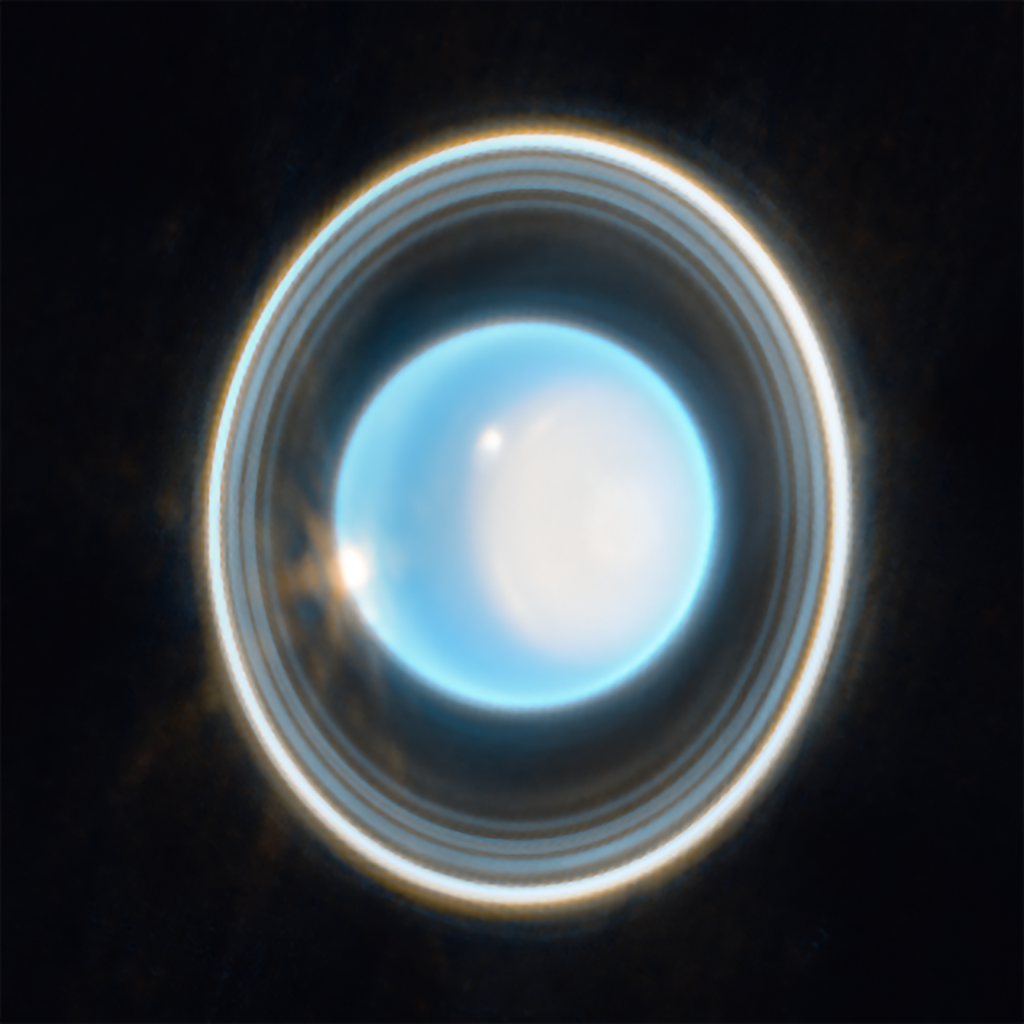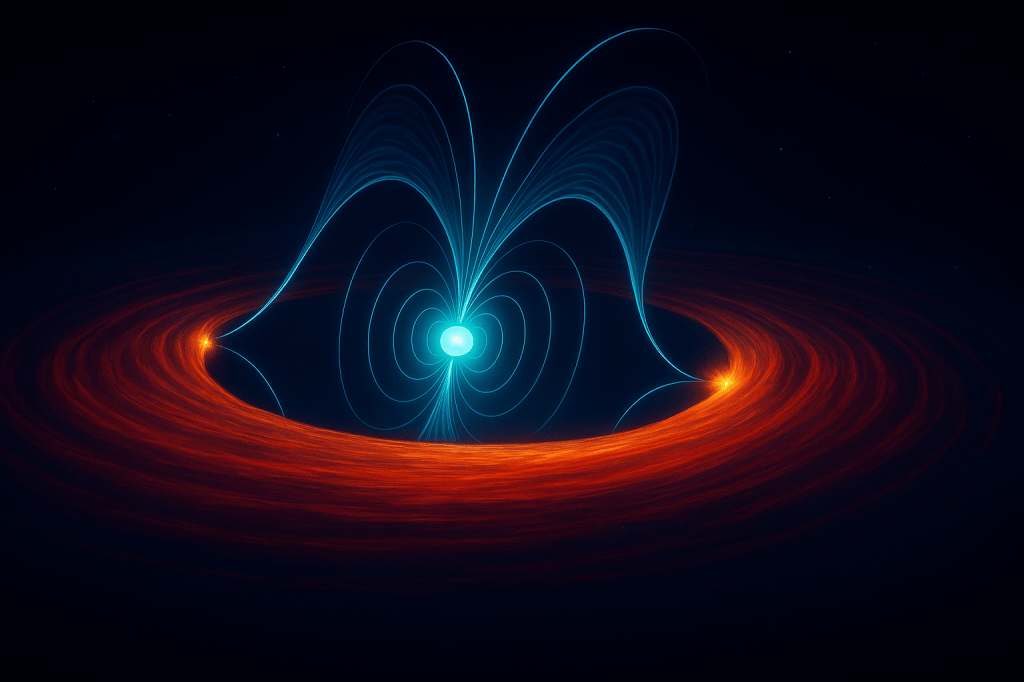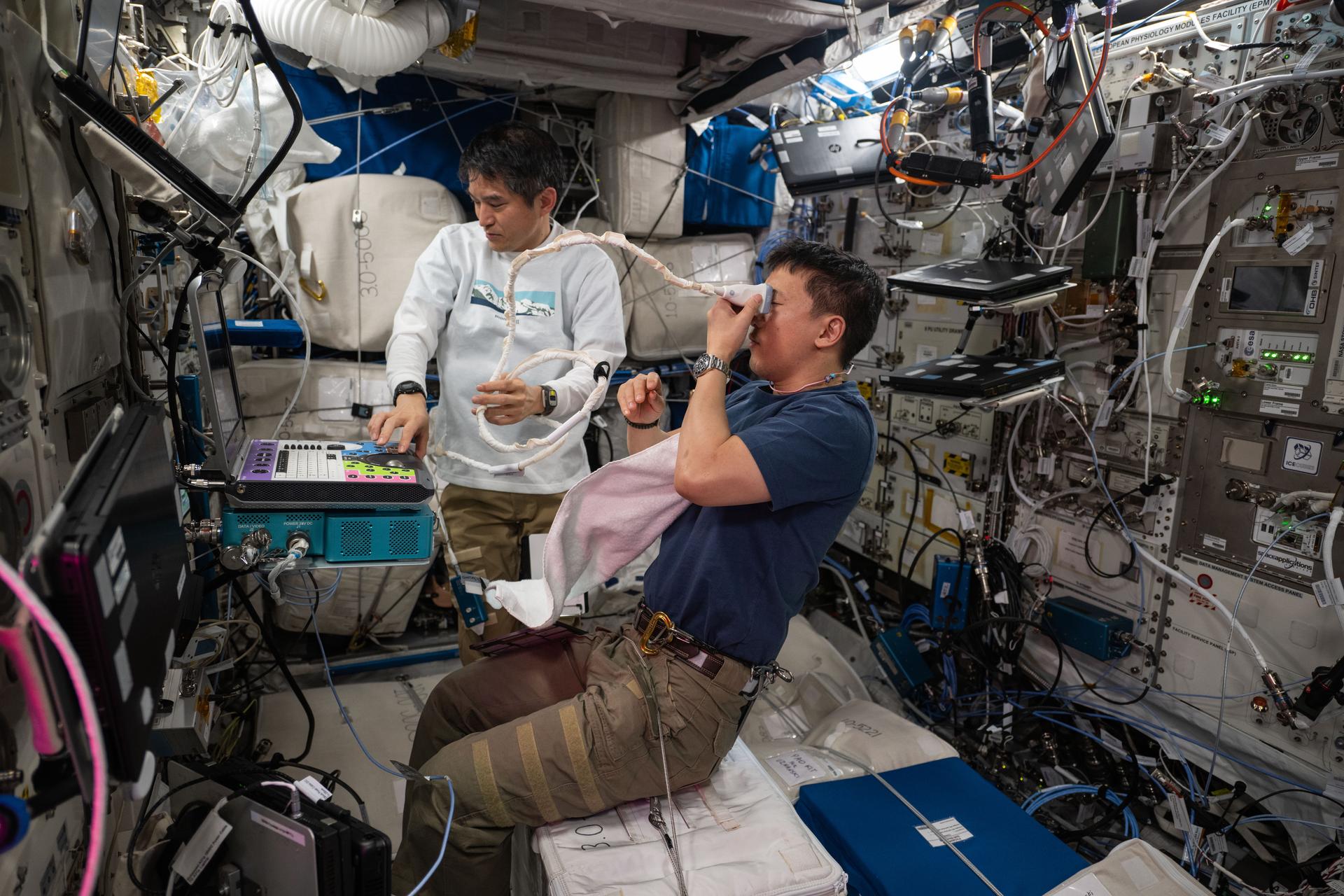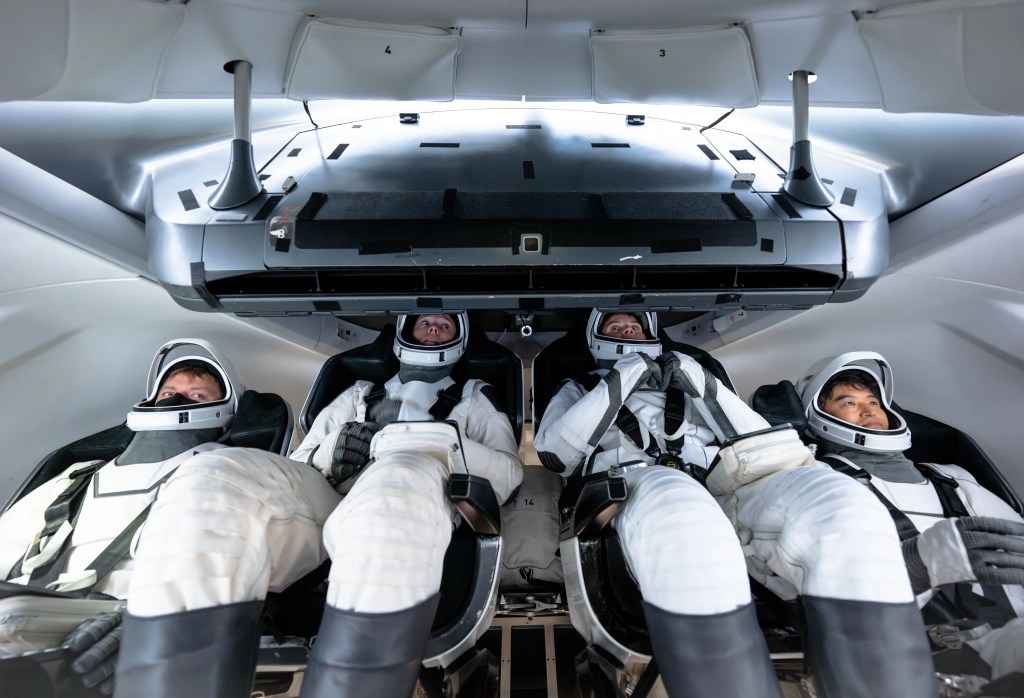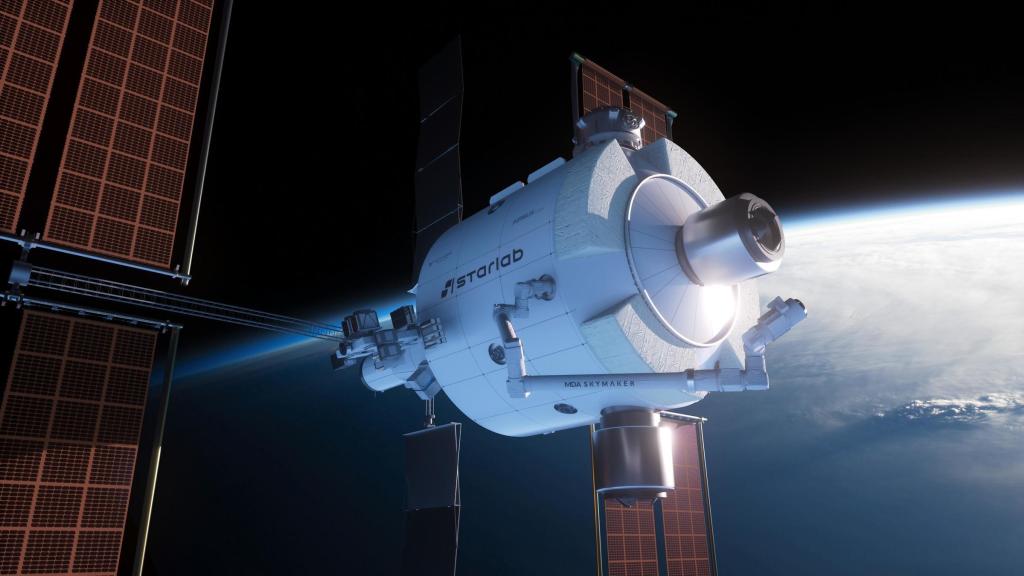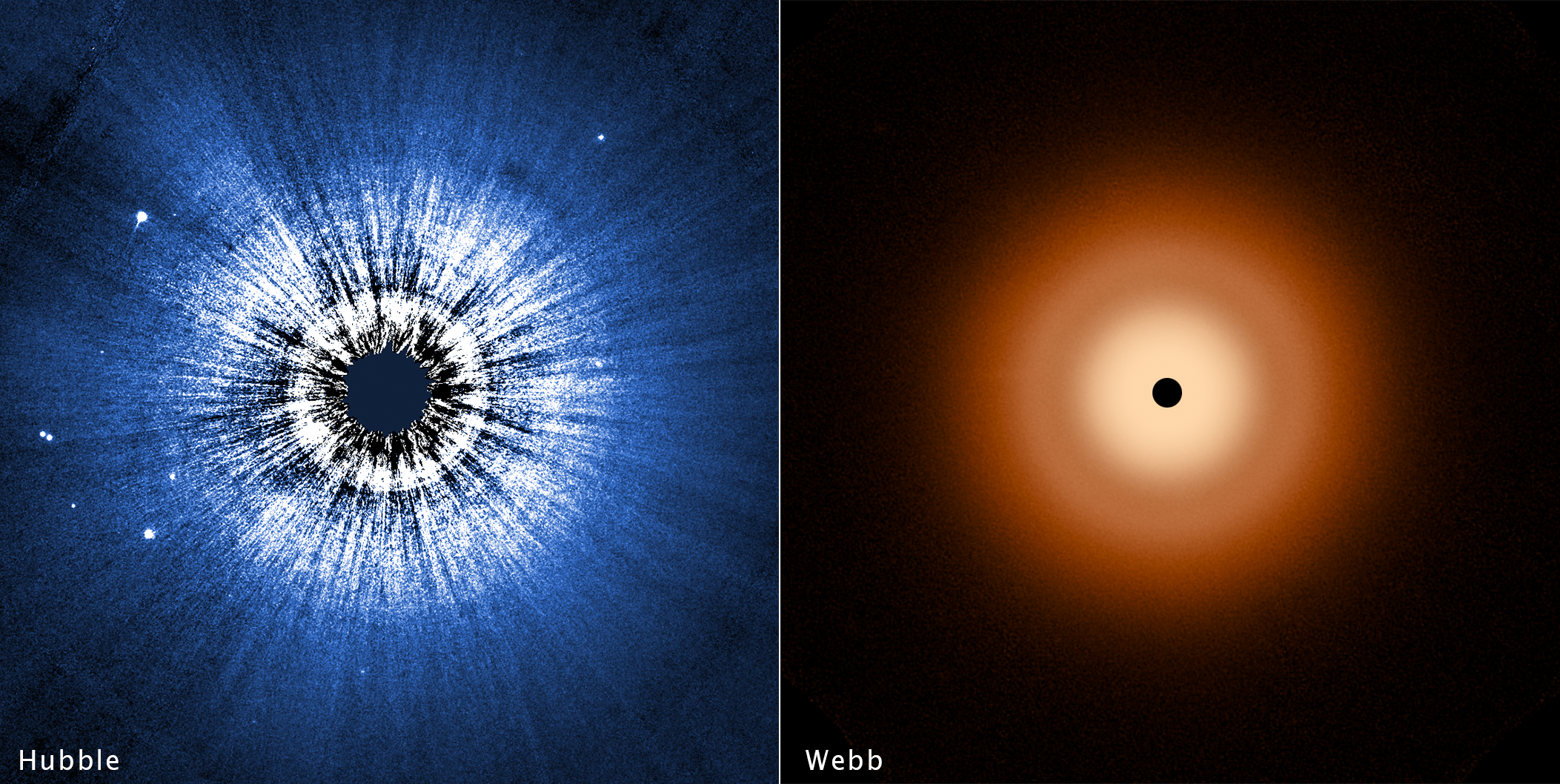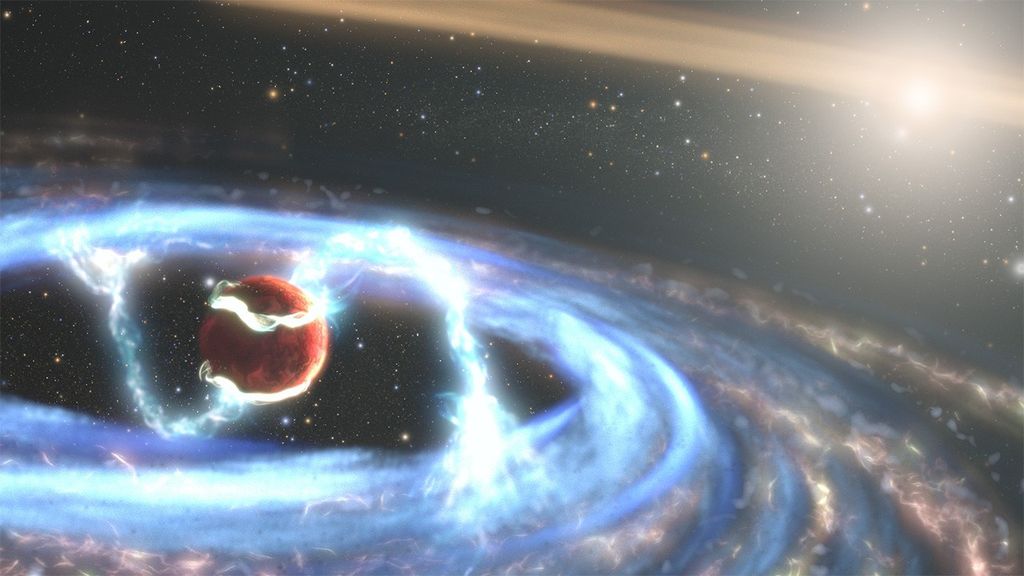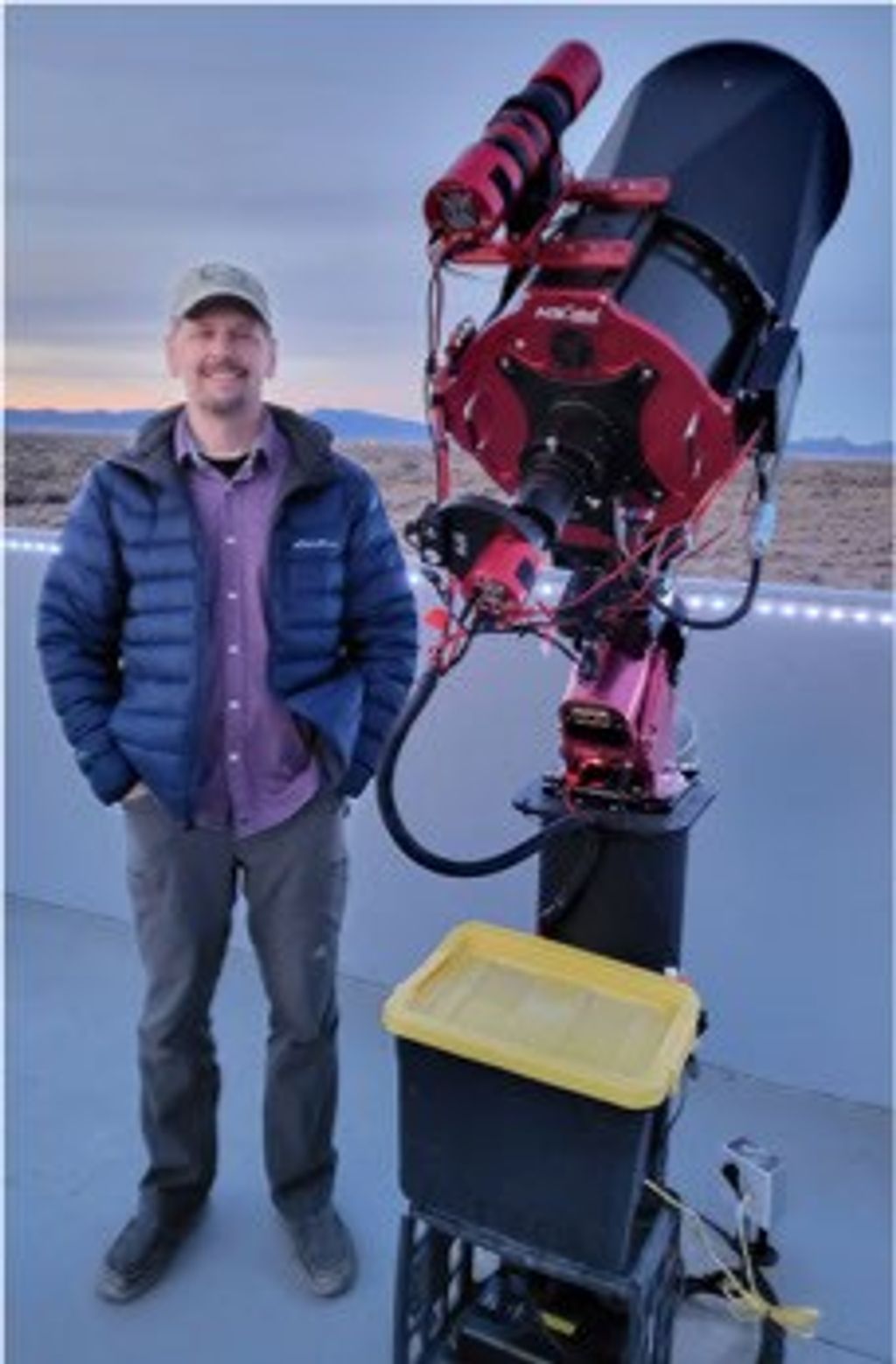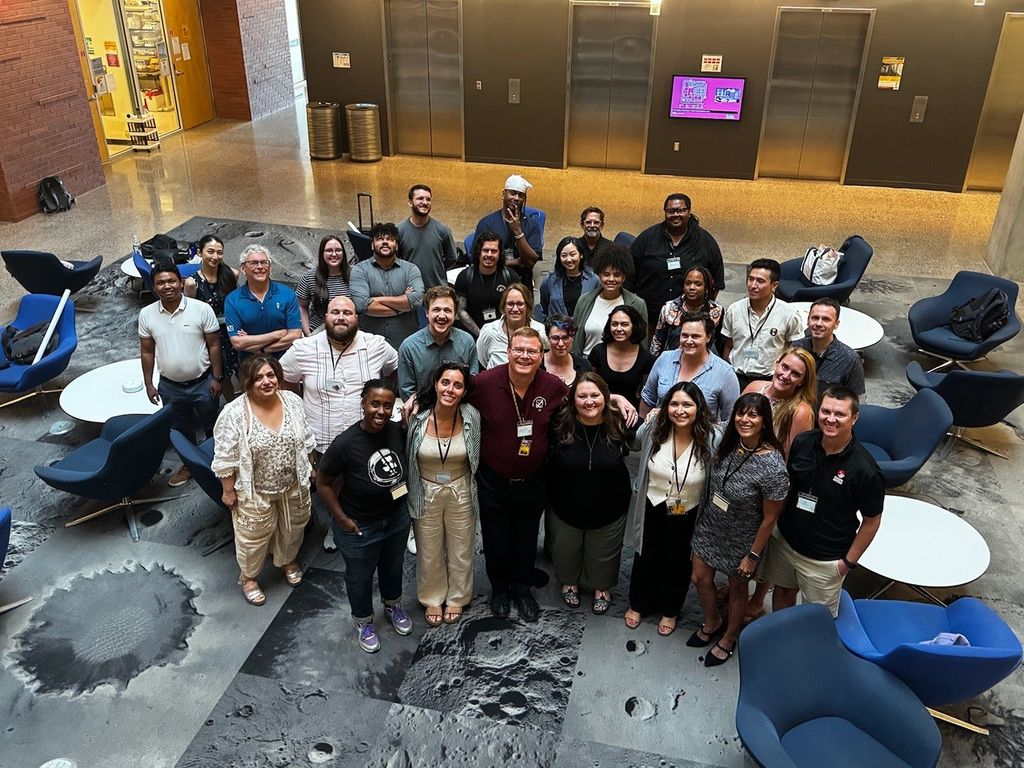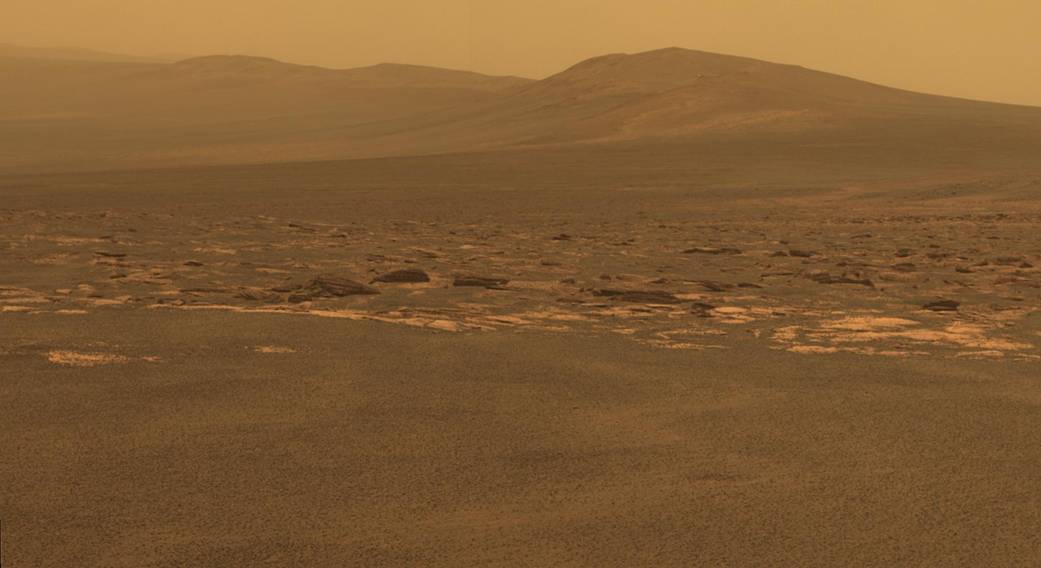
A portion of the west rim of Endeavour crater sweeps southward in this color view from NASA’s Mars Exploration Rover Opportunity. This crater – with a diameter of about 14 miles (22 kilometers) – is more than 25 times wider than any that Opportunity has previously approached during 90 months on Mars. Endeavour crater has been the rover team’s destination for Opportunity since the rover finished exploring Victoria crater in August 2008. Endeavour offers access to older geological deposits than any Opportunity has seen before.
This view combines exposures taken by Opportunity’s panoramic camera on the 2,678th Martian day, or sol, of the rover’s work on Mars (Aug. 6, 2011) before driving on that sol. The subsequent Sol 2678 drive covered 246 feet (75.26 meters), more than half of the remaining distance to the rim of the crater. Opportunity arrived at the rim during its next drive, on Sol 2681 (Aug. 9, 2011).
The closest of the distant ridges visible along the Endeavour rim is informally named Solander Point, an area that Opportunity may investigate in the future. The rover’s first destination on the rim, called Spirit Point in tribute to Opportunity’s now-inactive twin, is to the left (north) of this scene.
The lighter-toned rocks closer to the rover in this view are similar to the rocks Opportunity has driven over for most of the mission. However, the darker-toned and rougher rocks just beyond that might be a different type for Opportunity to investigate.
The ground in the foreground is covered with iron-rich spherules, nicknamed “blueberries,” which Opportunity has observed frequently since the first days after landing. They are about 0.2 inch (5 millimeters) or more in diameter.
This view combines images taken through three different filters, admitting light with wavelengths centered at 753 nanometers (near infrared), 535 nanometers (green) and 432 nanometers (violet). This natural color is the rover team’s best estimate of what the scene would look like if humans were there and able to see it. Seams have been eliminated from the sky portion of the mosaic to better simulate the vista a person standing on Mars would see.Image Credit: NASA/JPL-Caltech/Cornell/ASU


